Introduction to Casa Ruiz of Caesar Louise Manor in Panama
Panama | Casa Louis Manor Casa Ruiz
Founded in 1979, the Panamanian Casalouis Casa Ruiz Cooperative is one of the most famous cooperatives in the Balu Volcano Bokui District, headquartered in the Balu Volcano crony valley. The family has passed on more than 300 small family farms and estates from planting, processing to marketing partners. Most of the estates are century-old, including three estates: Berlina, Maunier, Panamaria and Cafe Ruiz. Wait.
In contrast to the practice of other cooperatives to increase their acreage at the expense of the environment in order to increase yields, Casalouis Casa Ruiz and his partners follow the traditional environmentally friendly way of growing coffee in the Bogut region, but in order to improve the quality of raw beans, it is different from the past to increase the stringent system of raw bean processing, including planting, processing, screening and preservation.
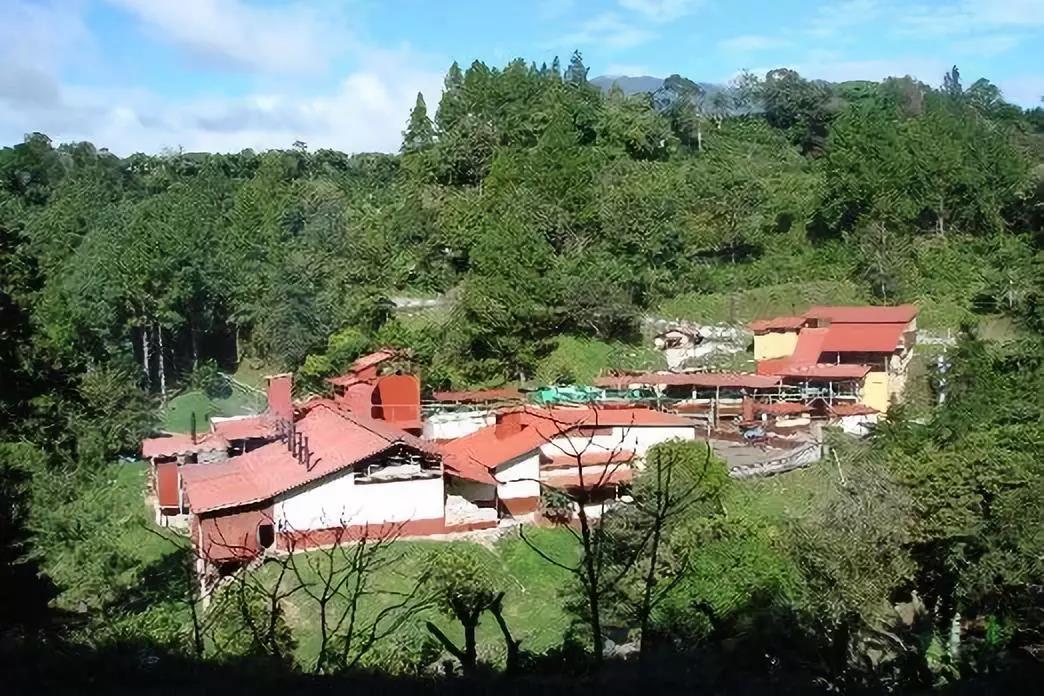
Kasha Louise is also the winner of the Best of Panama Best Panama bid. Panama Casa Ruiz, S.A., because of its high-quality technology, strict control of every detail, layer by layer screening, recording and review, he has excellent aroma performance from raw bean appearance, consistency and freshness to dry aroma and flavor.
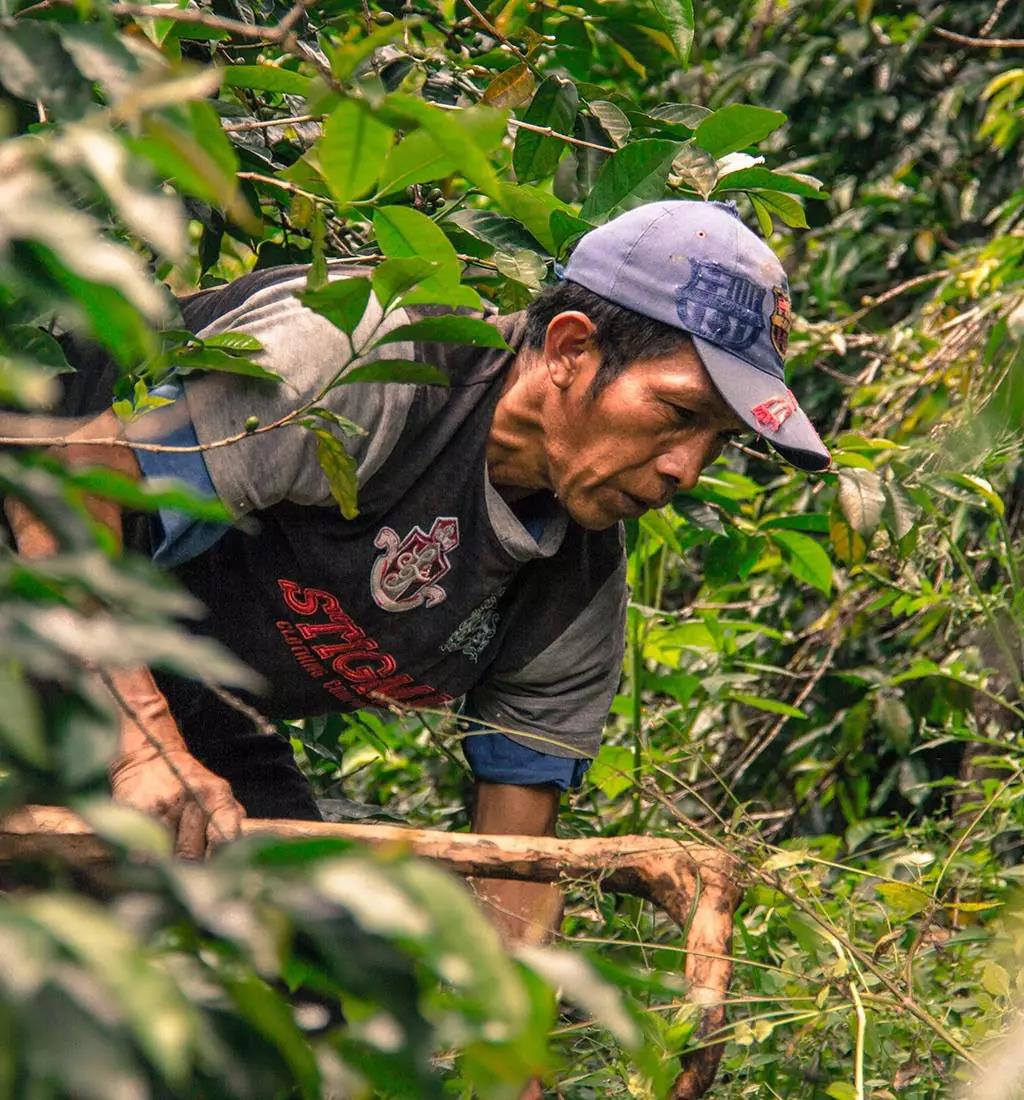
In 2004, the price of raw beans was marked at US $20 per pound; in May 2004, it made its debut in the Panama Cup Test Competition, and in 2013 it set an all-time record of US $350 per pound.
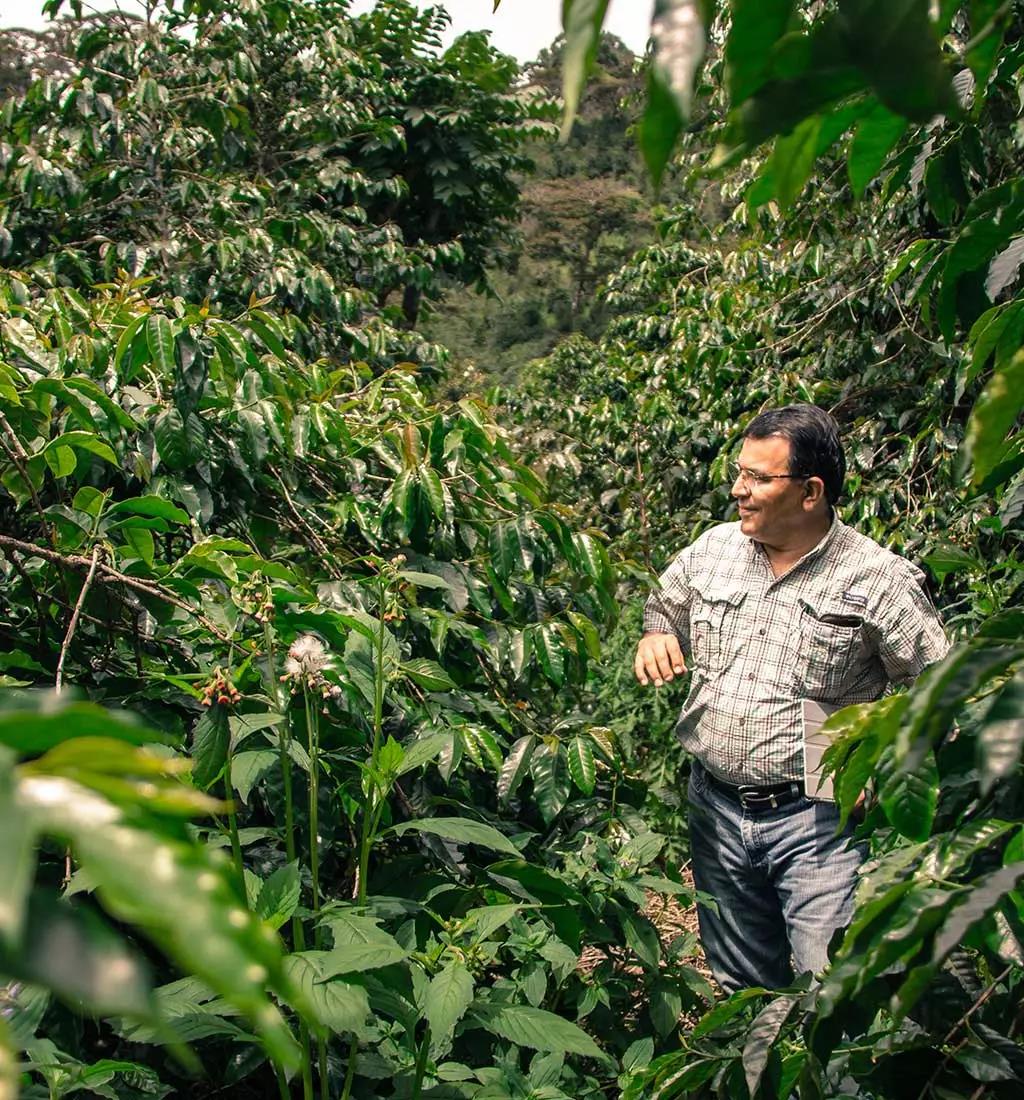
Small manor coffee farmers join partners from planting, post-processing, baking and marketing, unlike a single manor that cannot increase the scale of production. Varieties include Typica, Kaddura Caturra, Kaduai Catuai, New World Mundo Novo and bourbon Bourbons, with an average annual rainfall of 3000 mm (between May and November), an annual average temperature of 14-24 degrees, and an altitude of more than 1400 meters.
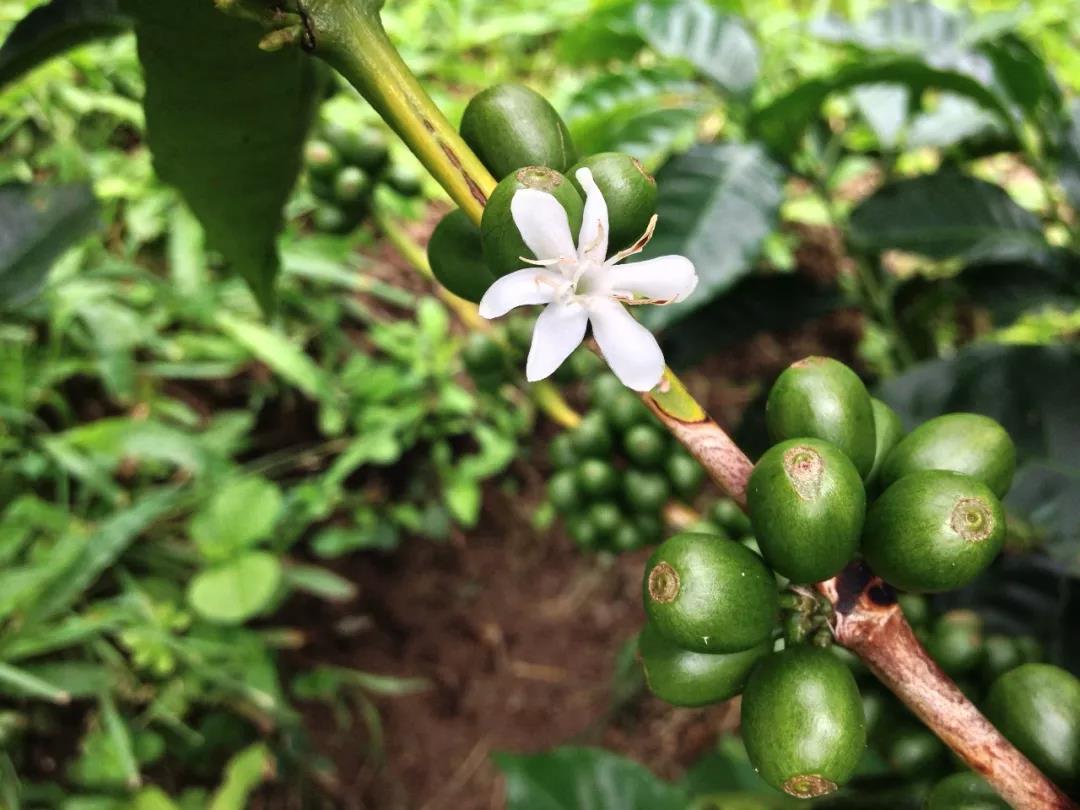
The Casa Ruiz family has been growing coffee in Panama for more than a hundred years. It is the most famous coffee family in the Balu Volcano Boqui region. It is now owned by Maria and Plinio Ruiz. It used to be a single family farm, and then, in addition to their own estate, Kasha Louis worked with more than 300 independent farms. Assist them in growing, handling, packaging, selling and other coffee-related business.
The vast majority of producing areas in the world use the method of chopping down all tree species, emptying farmland, and then planting high-yield mixed varieties. Unlike Kasha Louis, they follow the traditional farming methods of Boquete, try their best to protect farm biodiversity and plant varieties that are most suitable for the natural environment of a particular farm. This method may not be able to produce a lot of coffee. However, under sufficient shade cultivation and appropriate number of coffee trees, the biodiversity in each geographical area and microclimate can be preserved and the soil quality will not deteriorate. The staggered growth of shade crops and coffee trees not only provides a source of food for local residents, but also conducive to the habitat of birds and animals.
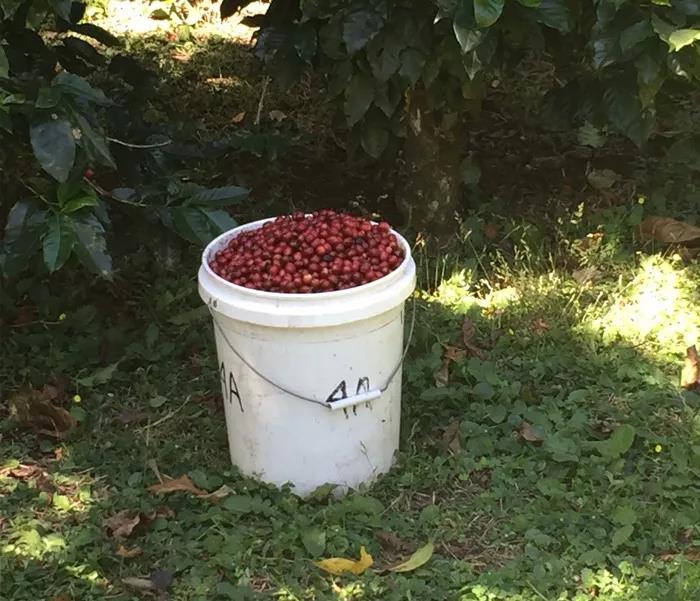
Kasha Louise is not only the winner of the Best ofPanama Best Panamanian bid, but also an important partner of Panamanian boutique raw beans. Coffee varieties are Typica, Caturra, Catuai,Mundo Novo and Bourbons.
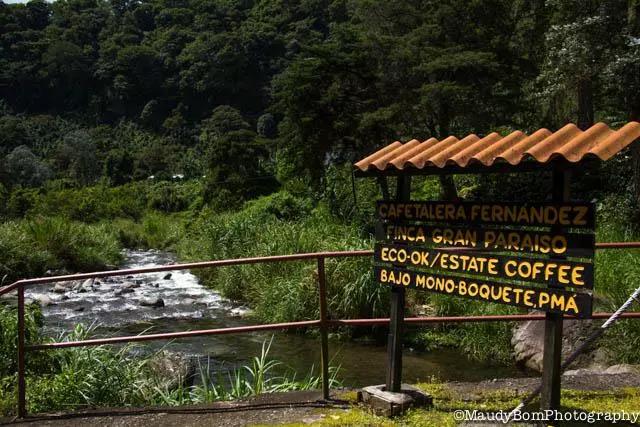
The recent award-winning record of Kasha Louise's manor:
2017 Best Panama (BOP) Competition 12th place in the washout brothel group (Baby Geisha)
15th in the 2016 Best Panama (BOP) Competition Day brothel Group (Baby Geisha)
Ninth place in the 2015 Best Panama (BOP) Competition in the washout brothel group (Finca Maunier)
The 7th place in the traditional tanning group in the 2015 Best Panama (BOP) Competition (Berlina Organico Natural)
Berlina Org á nico Natural second in the 2014 Best Panama (BOP) Competition
16th place in the 2013 Best Panama (BOP) Competition in the washout brothel group (Baby Geisha)
5th place in the 2013 Best Panama (BOP) Competition Day brothel Group (Baby Geisha)
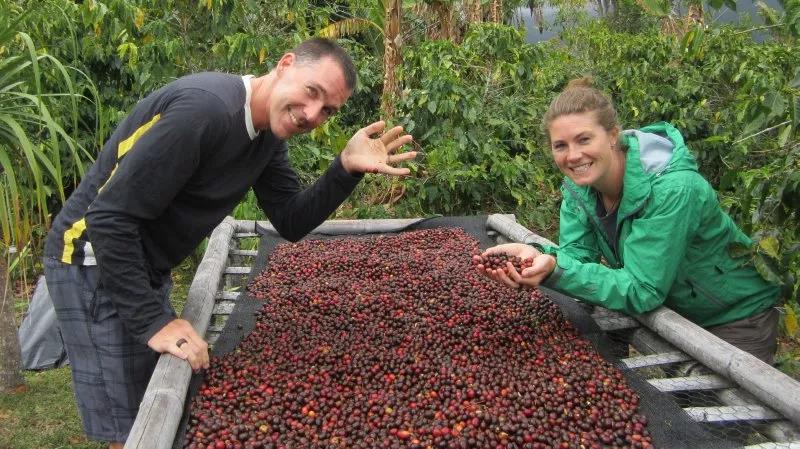
Casalouis Family Bolina Manor La Berlina
Altitude: 1500 m
Harvest time: November-February of the following year, one harvest a year
La Berlina was sent to Panama by a Colombian soldier Mr. Segundo Diaz in the 1900s to solve the problem of Panama's independence from the La Gran Colombia. As a result, Panama became independent peacefully. These Colombian soldiers have two options: one is to return to their own country with the army, and the other is to stay as a national of Panama. He chose to stay because he fell in love with Boquete and, more importantly, local girls. When his family was stable, he found a high mountain and began to grow coffee.
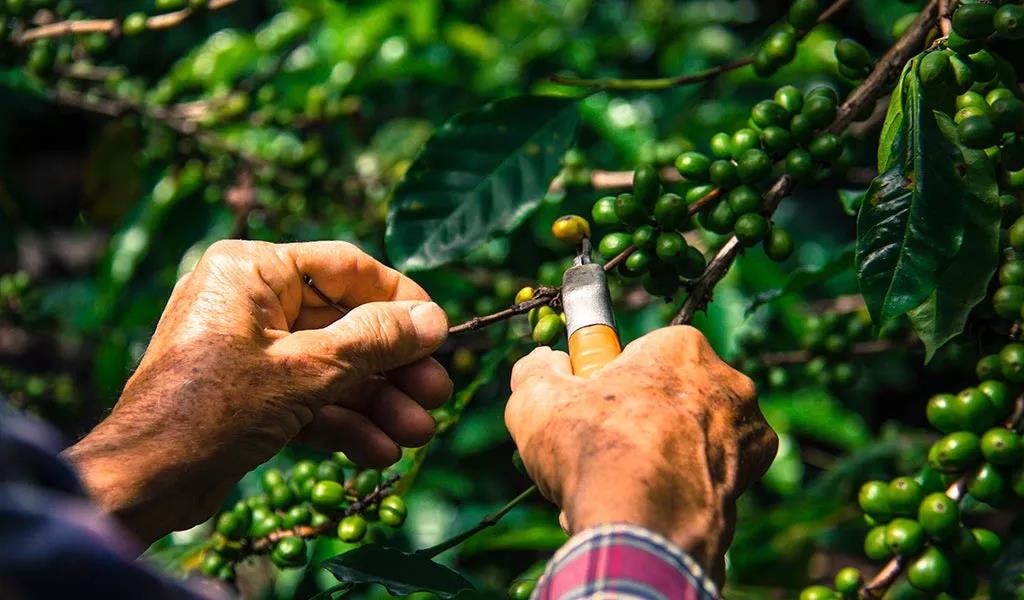
In 1920, their first coffee seeds were found around the nearby wild rainforest. They thought the coffee seeds might be local animals "Jujunas" (monkeys). After eating the coffee pulp, the seeds everywhere germinated and grew into wild coffee trees. In addition to growing coffee, they also raise cattle, pigs and corn on this land. In the 1930s, coffee at Berlin Manor was already a famous local farm.
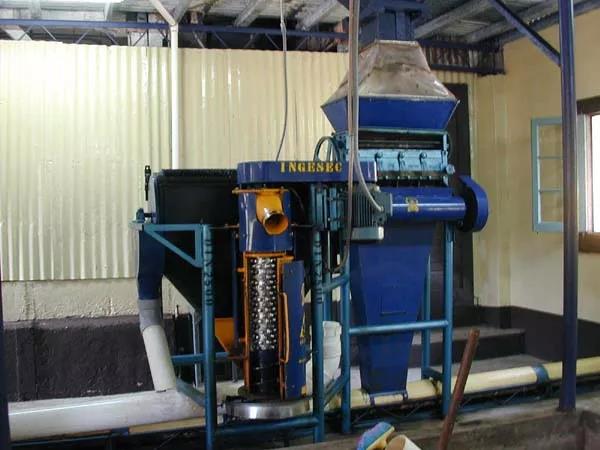
But when coffee prices plummeted for the first time a few years later, his son Don Manuel was forced to sell the life story of his father, Mr. Segundo Diaz, and leave the estate. In 1997, another negative economic factor, Casa Ruiz S.A., got a good chance to buy the estate and become a member of the company.
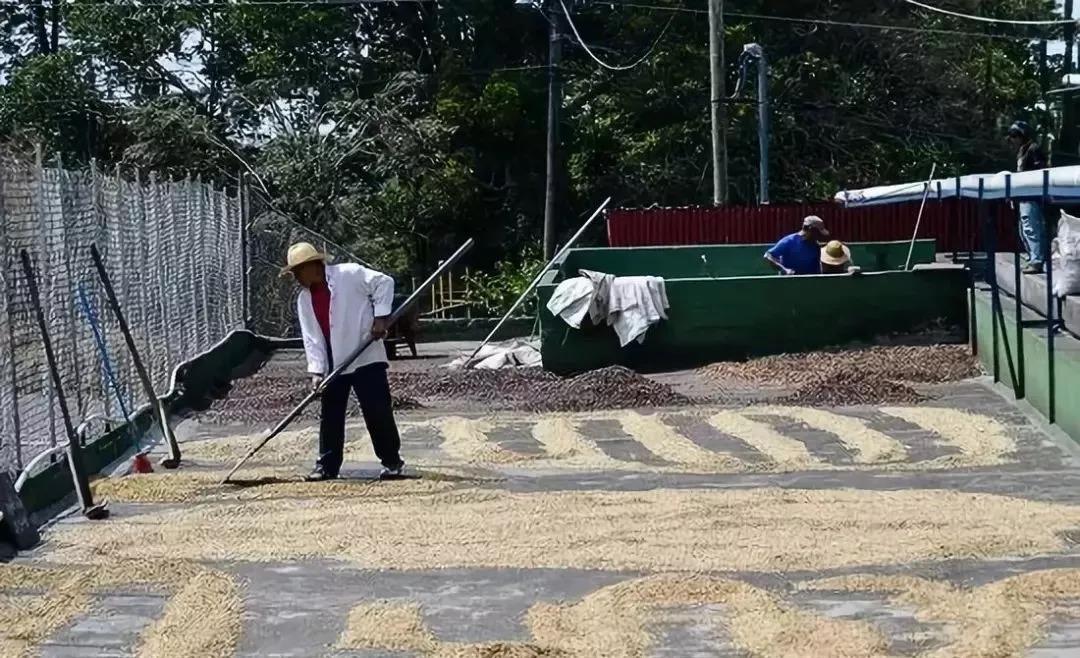
Melina Manor Maunier Estate
Maunier Estate Jasmine Manor, which belongs to the same Boquete Pokuit region of Chirqui district Ricki Province, was sold to the well-known Panamanian coffee company Casa Ruiz Caesar Louis Coffee in 1985. The farm grows a variety of varieties, including 40% of Kaddura, 30% of bourbon, 25% of Tibica Typica, and 5% of Kaduai. Coffee is shaded and does not use chemical fertilizer, and many details are consistent with environmental care. It is an excellent brand farm under Casa Ruiz Caesar Lewis to participate in the Panamanian coffee competition.
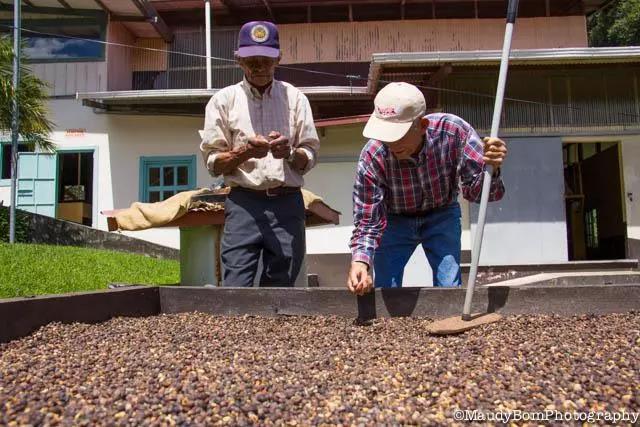
Exquisite sun: pour the harvested coffee fruit into a big trough, and the ripe and full fruit will sink to the bottom and remove the floating beans. Put the whole coffee fruit with meat belt on an elevated bed to bask in the sun, turn irregularly and naturally dry to about 12% of the water content, which takes about two to four weeks. Finally, the peeling machine is used to remove the hard peel, pulp and sheep skin, and the raw beans appear.
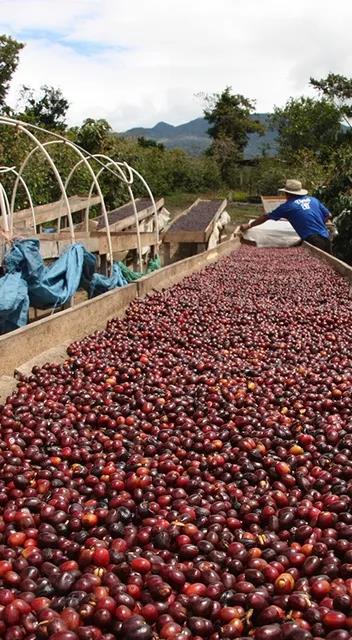
Important Notice :
前街咖啡 FrontStreet Coffee has moved to new addredd:
FrontStreet Coffee Address: 315,Donghua East Road,GuangZhou
Tel:020 38364473
- Prev
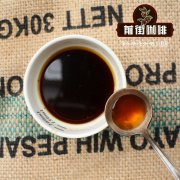
What is the organic fair trade of Peruvian coffee? What's the flavor of organic coffee?
Professional Coffee knowledge Exchange more information about coffee beans Please follow the coffee workshop (official Wechat account cafe_style) most farmers in Peru own a small plot of land (about 2 hectares per person). Like this kind of organic coffee, Peruvian coffee is mostly processed and sold through cooperatives. Although there are a variety of coffee of different quality and flavor, generally speaking, Peruvian coffee has
- Next
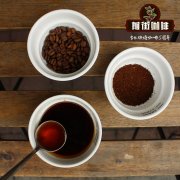
Western Valley of Costa Rica | Candelaria Candle microprocessor field honey processing bean Kadura, card
Professional coffee knowledge exchange more coffee bean information please follow the coffee workshop (Wechat official account cafe_style) Costa Rica Western Valley | Candelaria Candle microprocessing field honey treatment bean Kadura, Kaduai flavor? Costa Rica is the most stable and best coffee in Central America. Coffee production has a very long history and has been exported to Central America as early as the 19th century.
Related
- Detailed explanation of Jadeite planting Land in Panamanian Jadeite Manor introduction to the grading system of Jadeite competitive bidding, Red bid, Green bid and Rose Summer
- Story of Coffee planting in Brenka region of Costa Rica Stonehenge Manor anaerobic heavy honey treatment of flavor mouth
- What's on the barrel of Blue Mountain Coffee beans?
- Can American coffee also pull flowers? How to use hot American style to pull out a good-looking pattern?
- Can you make a cold extract with coffee beans? What is the right proportion for cold-extracted coffee formula?
- Indonesian PWN Gold Mandrine Coffee Origin Features Flavor How to Chong? Mandolin coffee is American.
- A brief introduction to the flavor characteristics of Brazilian yellow bourbon coffee beans
- What is the effect of different water quality on the flavor of cold-extracted coffee? What kind of water is best for brewing coffee?
- Why do you think of Rose Summer whenever you mention Panamanian coffee?
- Introduction to the characteristics of authentic blue mountain coffee bean producing areas? What is the CIB Coffee Authority in Jamaica?

